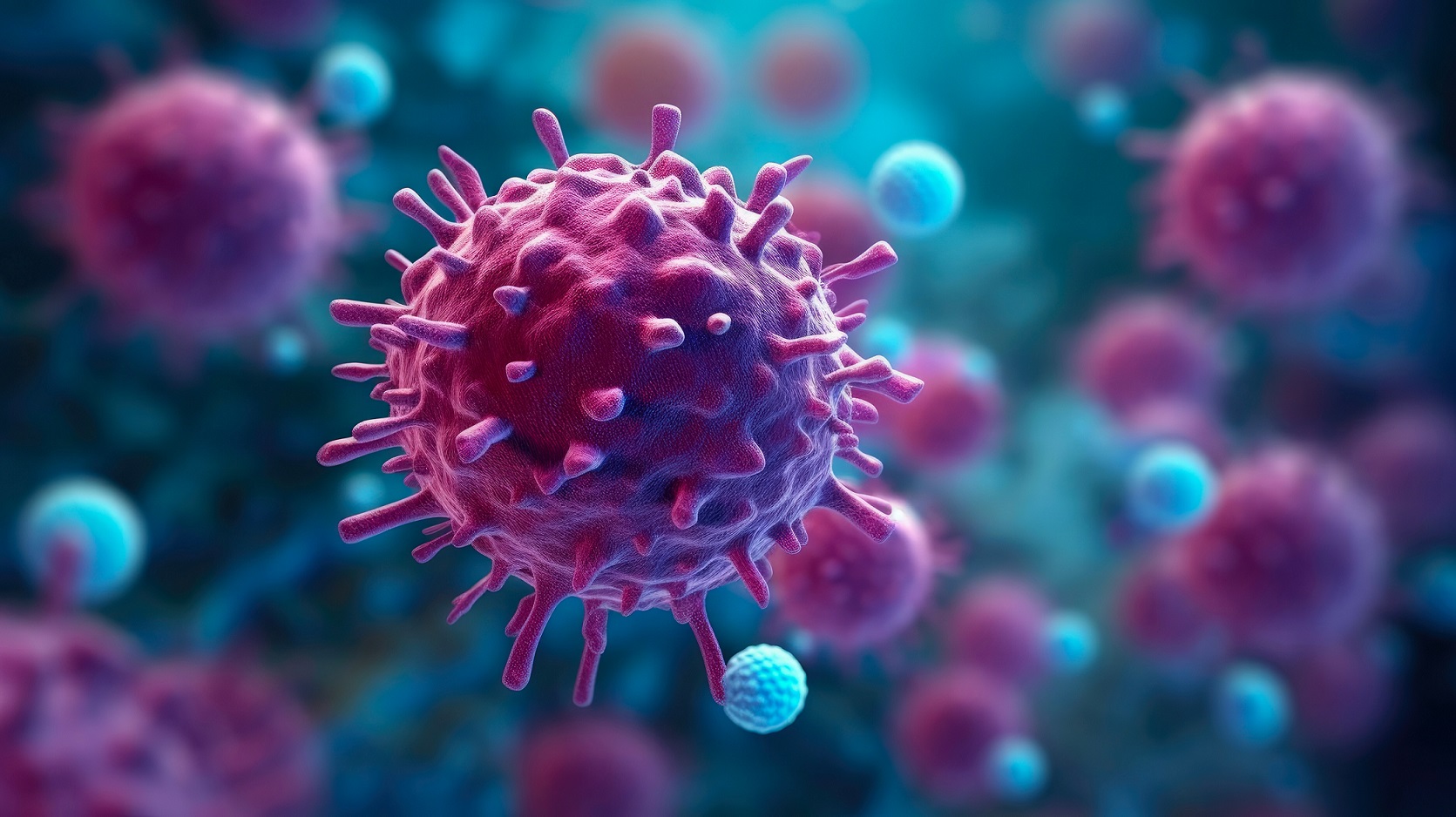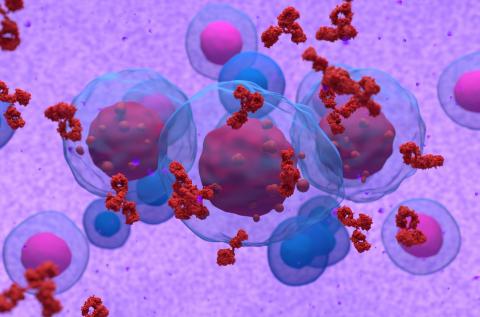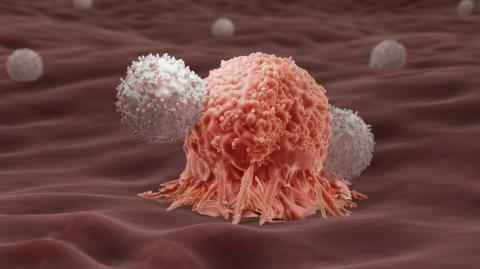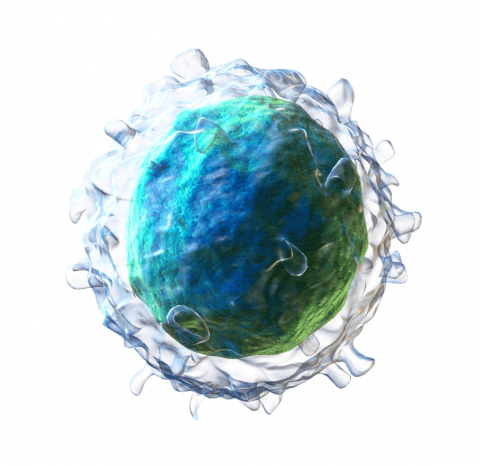Reaction: FDA launches investigation into possible increased risk of developing certain tumours with CAR-T therapies
The US Food and Drug Administration (FDA) has issued a statement reporting that it has received reports of T-cell tumours in patients who received various CAR-T cell treatments. As quoted in the statement, "although the overall benefits of these products continue to outweigh their potential risks for their approved uses, FDA is investigating the identified risk of T cell malignancy with serious outcomes, including hospitalization and death, and is evaluating the need for regulatory action".

Melero - FDA (EN)
Ignacio Melero
Professor of Immunology at the University of Navarra, CIMA researcher and co-director of the Department of Immunology and Immunotherapy at the Clínica Universidad de Navarra.
This is an adverse effect that we feared would be observed in very large series of patients. It occurs infrequently, and in the treatment of the diseases for which CAR-Ts are indicated, the benefit far outweighs the risk. The reason for this adverse effect lies in the enormous number of cell divisions that CAR lymphocytes undergo once infused back into the patient and that integration of DNA into the patient's lymphocytes is necessary to generate the CAR [chimeric antigen receptor]. Integrations into the DNA of the nucleus of these lymphocytes occur almost randomly, so that insertions can occur that act to deregulate oncogenes (insertional mutagenesis). One strategy in clinical research is to include in the genetic material to form the CAR drug targets to selectively eliminate the lymphoma that might form from CAR-T cells (so-called suicide genes).
In any case, the risk-benefit balance in the currently approved indications for CAR-T therapies is immensely favourable.



